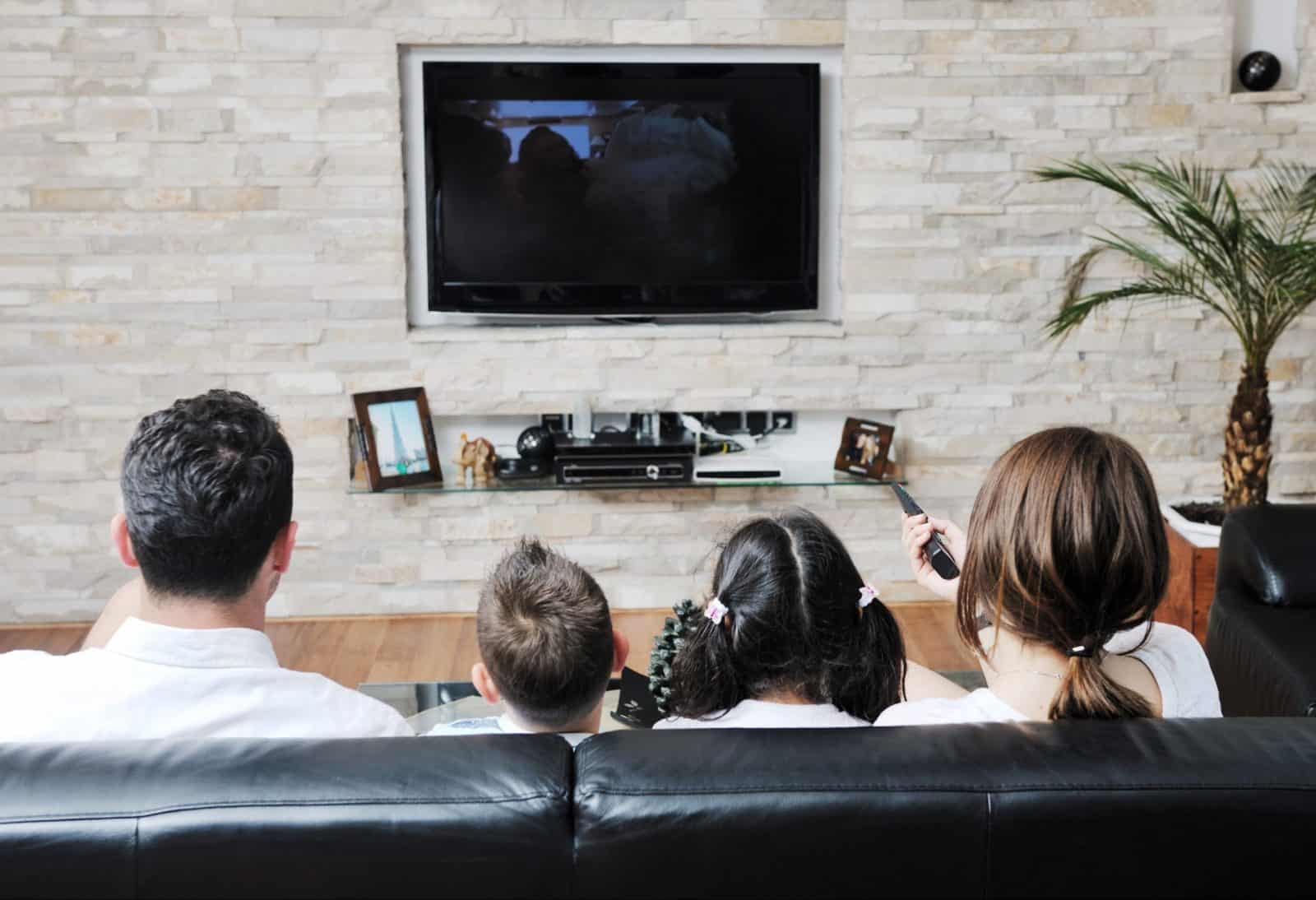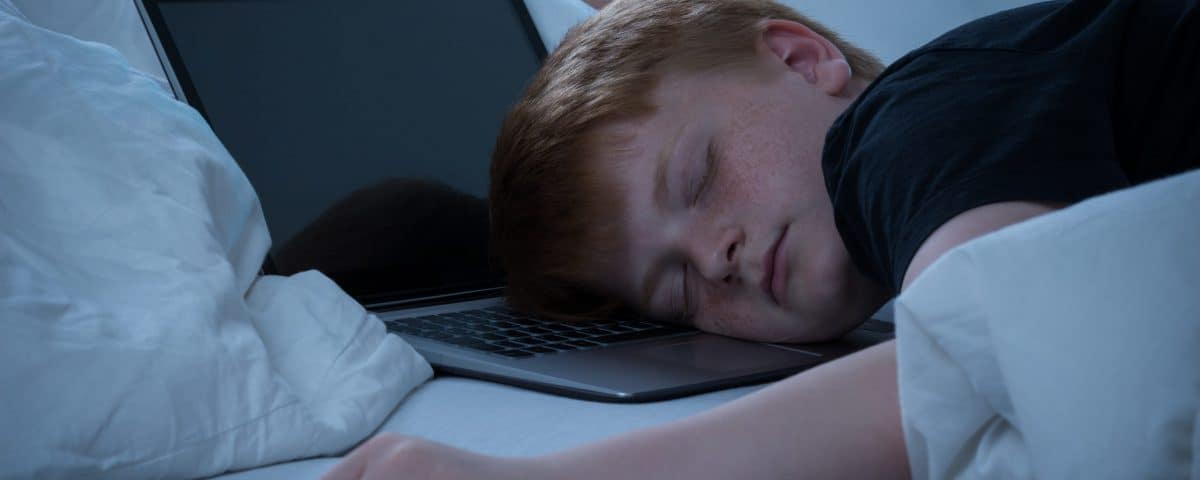
Impact of free-living pattern of sedentary behaviour on intra-day glucose regulation in type 2 diabetes
November 13, 2019
Informing Behaviour Change: What Sedentary Behaviours Do Families Perform at Home and How Can They Be Targeted?
November 27, 2019The paper titled “Screen time and problem behaviors in children: exploring the mediating role of sleep duration” was published in the International Journal of Behavioral Nutrition and Physical Activity on November 14, 2019. Open access. The full-text article is available here.
Study Summary
Background
Previous research examining the relationship between screen time (ST) and psychological health outcomes have primarily focused on one type of ST (i.e., television), while little research has considered other types of screens (e.g., videos, movies, social media), screen content (e.g., violent video games), or potential mediating variables. Therefore, the purpose of the present study was to assess ST types and content and their association with problem behaviors, and to determine whether these relationships were mediated by sleep duration.
Methods
Parents and children provided cross-sectional baseline data (2016–18) as part of the Adolescent Brain Cognitive Development study, a broadly US representative sample of 11,875 children aged 9 to 10 years. Parents self-reported their children’s emotional and behavioral syndromes via the Child Behavior Checklist and sleep duration using one item from the Parent Sleep Disturbance Scale. Children self-reported their ST behavior, which comprised ST types (television/movies, videos, video games, and social media) and content (mature-rated video games and R-rated movies).
Results
Time spent in various ST types was positively associated with problem behaviors: watching television/movies was associated with a 5.9% increase in rule-breaking behavior (incidence rate ratio [IRR] = 1.059), 5% increase in social problems (IRR = 1.050), 4% increase in aggressive behavior (IRR = 1.040), and 3.7% increase in thought problems (IRR = 1.037). Greater time spent playing mature-rated video games was associated with greater somatic complaints (IRR = 1.041), aggressive behavior (IRR = 1.039), and reduced sleep duration (IRR = .938). Sleep duration mediated the relationship between ST (type and content) and problem behaviors, albeit the effect sizes were small. The largest effects were observed between sleep duration and all problem behaviors, with greater sleep duration predicting an 8.8–16.6% decrease in problem behaviors (IRRs ranging from .834 to .905).
Conclusion
Greater time spent in ST behavior was associated with greater problem behaviors among children. There was strong evidence that longer sleep duration was associated with reduced problem behaviors. While sleep duration mediated the effects of ST on problem behaviors, other potential mediating variables need to be investigated in future research.
Authors and affiliations
Michelle D. Guerrero1, Joel D. Barnes1, Jean-Philippe Chaput1,2, Mark S. Tremblay1,2
- Healthy Active Living and Obesity Research Group, Children’s Hospital of Eastern Ontario Research Institute, Ottawa, ON, Canada
- Department of Pediatrics, University of Ottawa, Ottawa, ON, Canada
Citation
Guerrero MD, Barnes JD, Chaput J-P, Tremblay MS. Screen time and problem behaviors in children: exploring the mediating role of sleep duration. Int J Behav Nutr Phys Act. 2019;16(1):105. doi:10.1186/s12966-019-0862-x




